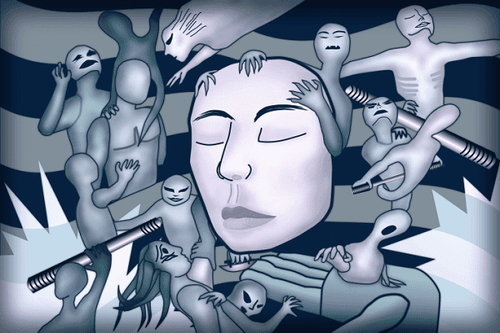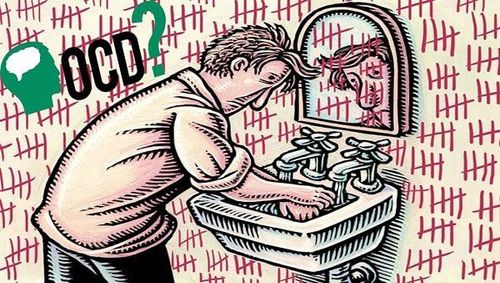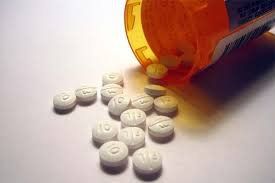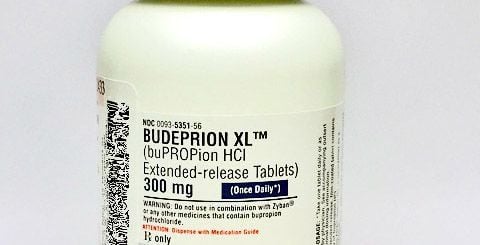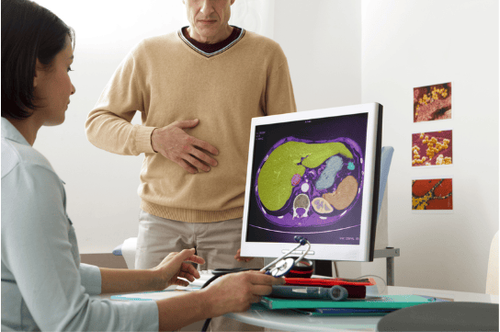This is an automatically translated article.
Obsessive-compulsive personality disorder causes the patient to increase feelings of anxiety, which needs to be taken immediately to reduce anxiety, even though the person with the syndrome is still aware of the absurdity of his or her actions. Obsessive-compulsive personality disorder (OCPD) takes a long time, affecting daily life, relationships with friends, family, and society.1. What is obsessive-compulsive personality disorder?
Obsessive-compulsive personality disorder is also known as OCPD syndrome for short - the first letter of the English phraseObsession: Obsessions are thoughts, symbols, and feelings that appear compulsorily and repeatedly. back in the head. Compulsion: Rituals are conscious thoughts or behaviors, ascribed to a certain symbolic thought, behavior that is repeated frequently such as counting, checking, avoiding,... Personality disorder exists when the expression, thoughts become clear, rigid, not adapted to the ability to interact with people or at work. Social maladaptation can have significant adverse effects on individuals with personality disorders and those around them.
Obsessions increase anxiety and when rituals are performed, anxiety decreases. People with obsessive-compulsive personality disorder are still aware of the absurdity of obsessions in their heads.
According to statistics, in the world, the rate of people with obsessive-compulsive personality disorder is 2-3%. OCPD syndrome is the 4th most common disorder after the following: phobia, psychosis, and substance use disorder.
In adults, the prevalence of obsessive-compulsive personality disorder is about the same in men and women. In the age of children and adolescents, the rate is more male than female, accounting for 70%. The median age of onset is 20 years, about two-thirds before age 25 and about 15% after age 35.
2. Causes of obsessive-compulsive disorder
2.1 Neurotransmitters According to research, Serotonin is thought to be involved in OCPD symptoms. Drugs acting on the serotoninergic system are more effective than drugs acting on other neurotransmitters. In OCPD syndrome, there is a disorder of serotonin regulation at synapses in a number of different brain regions, and at the same time increases the sensitivity to serotonin at the receptors of the patient.In addition, patients with OCPD syndrome have vasopressin and oxytocin abnormalities (reduced levels). It is necessary to treat with clomipramine to increase the concentration.
2.2 Genetic causes According to research, in the family of one parent with OCPD syndrome, about 35% of children will have the risk of having the disease.

Di truyền là một trong những nguyên nhân gây ra hội chứng OCPD
3. Symptoms and signs of obsessive-compulsive personality disorder
When conducting a PET scan to view the brain images of patients with OCPD syndrome, there is increased activity in the frontal lobes, the basal ganglia (the caudal nucleus). When taking CT scan or MRI, there is a reduction in the size of the tail nucleus on both sides.OCPD syndrome is characterized by obsessions or compulsive behaviors. Based on the clinical symptoms of the patient, the syndrome is divided into different groups.
The basic symptom of obsessive-compulsive disorder is the repeated appearance of compulsive thoughts or behaviors in the head. The symptoms cause discomfort and discomfort to the patient, although the patient is aware of the absurdity of these thoughts and behaviors, and tries to find ways to fight the thoughts in his head but to no avail. result.
Clinical manifestations of obsessive-compulsive personality disorder have 4 main symptoms:
Obsessed with being contaminated, infected: The most common is the act of washing hands so many times that they scratch the skin of the hands or dodge them. Avoid objects that are at risk or that sick people think are susceptible to contamination. Obsessions: Obsessions about compulsive testing. For example, when leaving the house, I am afraid to forget to lock the door or turn off the gas stove and have to return home many times to check. Patients with skepticism also have self-doubt and often feel guilty for making a mistake. Obsessive form without compulsions, the patient has recurring thoughts of sexual or intrusive behaviors. For example, a mother who is always in conflict with thoughts, suffering because she is afraid that she cannot control her urge to kill her child, or is unable to banish thoughts that are obscene or offensive to others, etc. pictures, in which the patient is slow to perform daily activities such as taking hours to eat breakfast or shave, etc.
4. Treatment of obsessive-compulsive disorder
4.1 Drug therapy Give the patient a drug that selectively affects serotonin, then gradually switch to other drugs if no effect after 4 to 6 weeks of use. Some common drugs prescribed for patients with OCPD syndrome: Clomipramine (Anafranil), Fluoxetin, Sertralin, Fluvoxamine, Citalopram,...
Có thể sử dụng thuốc để điều trị hội chưng OCPD
Prevention techniques to reduce compulsions and obsessive thoughts by exposing the patient to previously feared stimuli such as dirt or chemicals without having to wash their hands , or face the thought of deliberation without having to double-check. For example, thinking if the door is locked, do not perform the behavior to check in again
Often times, this behavior treatment will be upsetting for the patient with OCPD, but they will help reduce the behavior coercion will eventually lead to a complete loss of the compulsion.
4.3 Other therapy For patients who are resistant to treatment, depending on the patient's situation,
Electric shock: performed before neurosurgery Surgery: Perform hippocampal odontomy , success rate in 25 - 30% of patients with OCPD syndrome resistant to drug and behavioral therapy. In summary, for obsessive-compulsive personality disorder (OCPD) when detected, it should be treated, avoiding long-term effects on health status and life activities.
Vinmec International General Hospital with a team of highly skilled and qualified doctors always receives and treats all health problems, including mental illnesses in general and OCPD in particular. Choosing to visit Vinmec, customers will experience international standard services with modern machinery and equipment, bring comfort and serve the most guaranteed treatment process. With the above advantages, Vinmec has achieved many achievements in healthcare and is highly appreciated by experts and customers.
Please dial HOTLINE for more information or register for an appointment HERE. Download MyVinmec app to make appointments faster and to manage your bookings easily.




